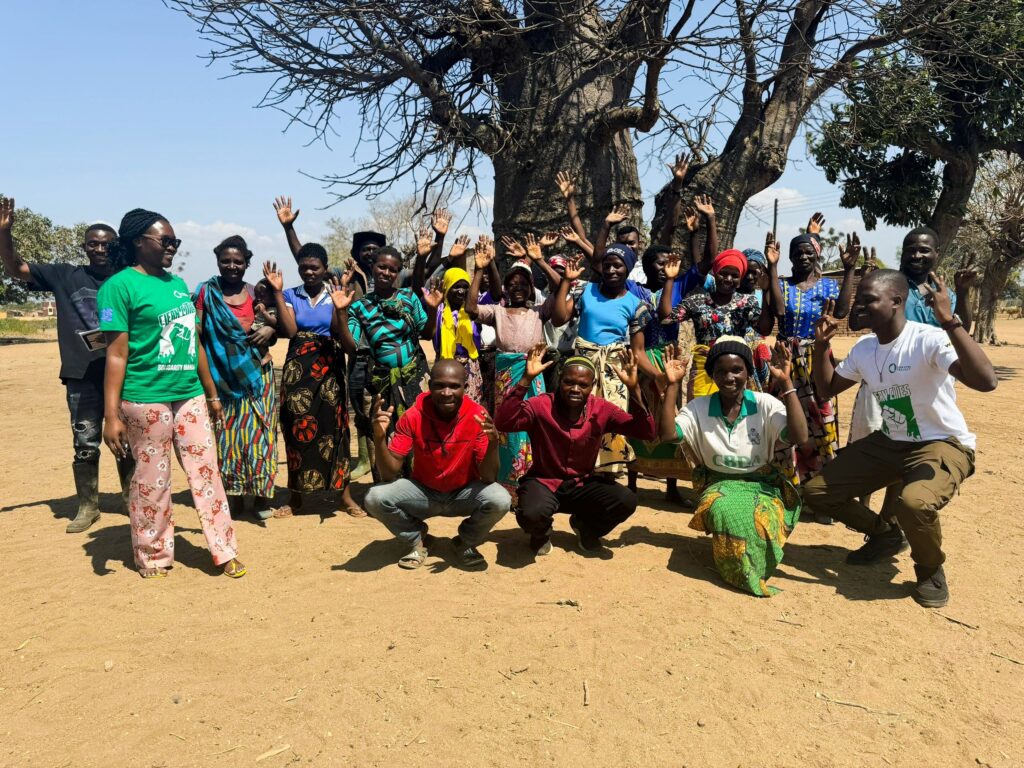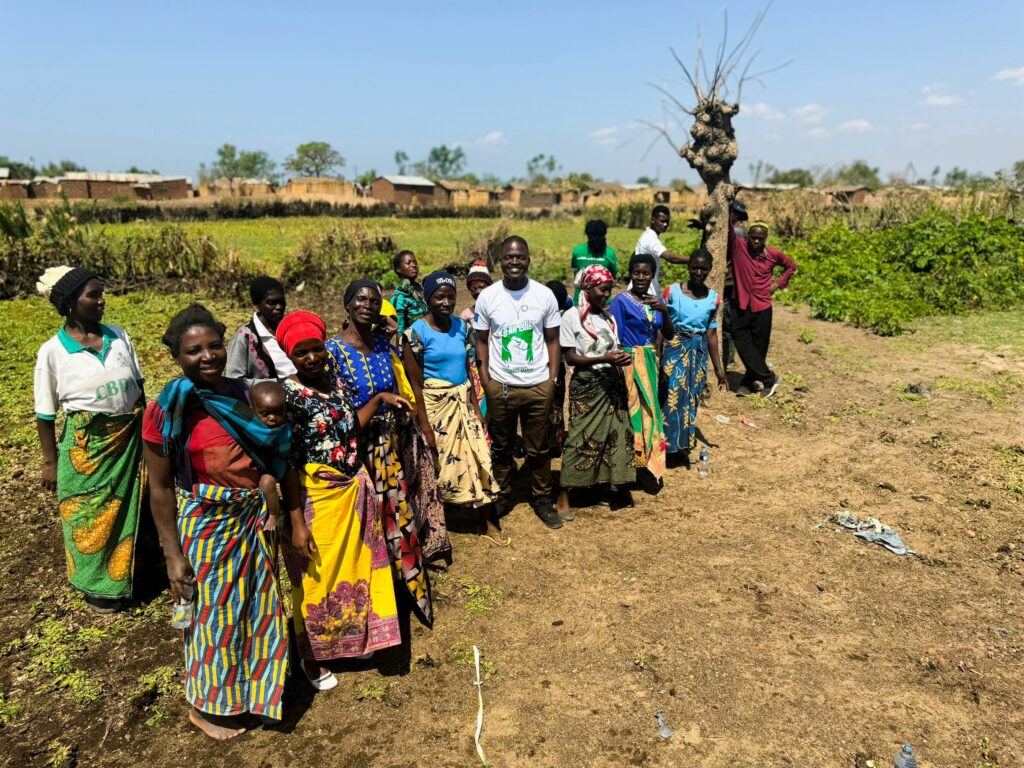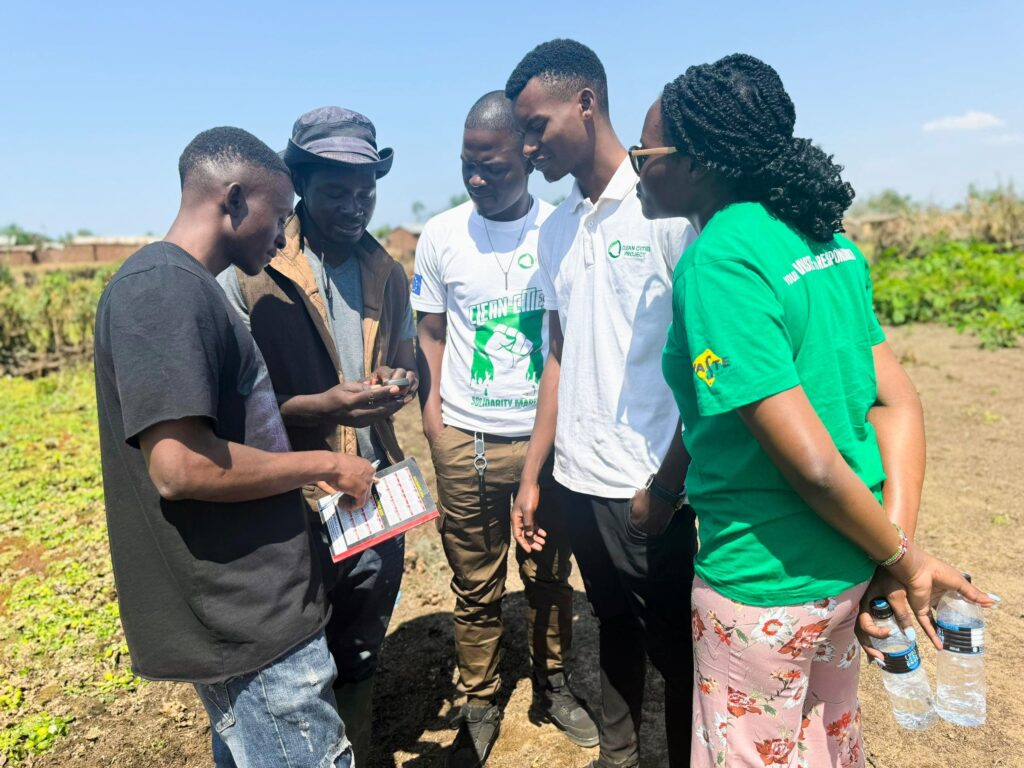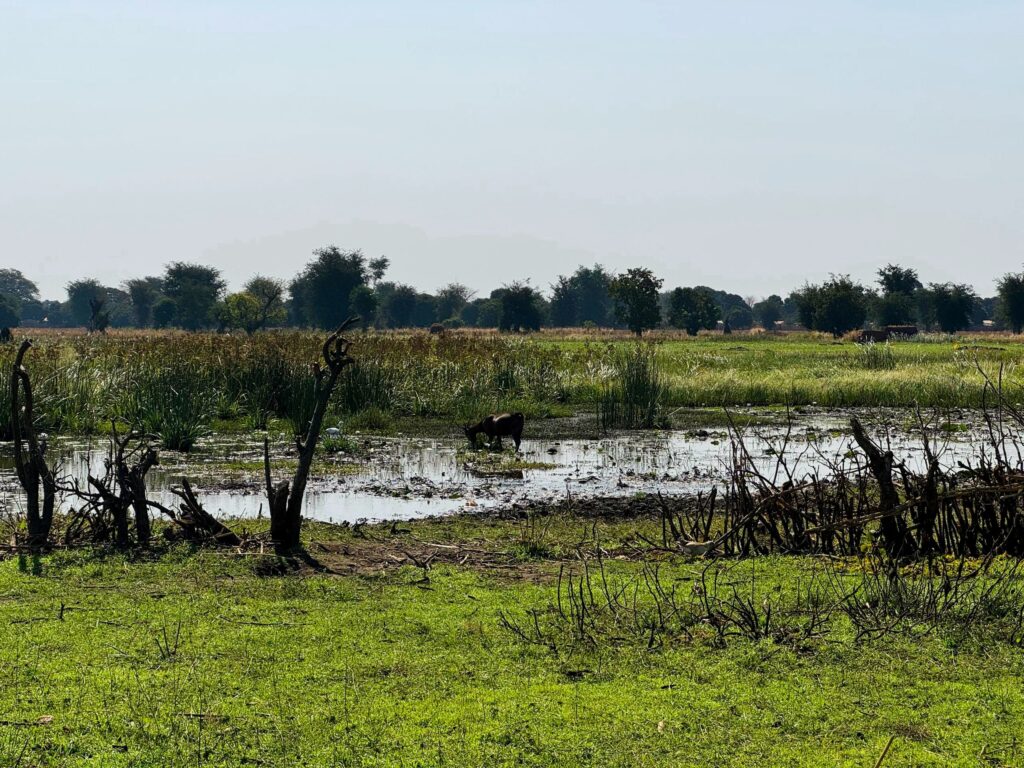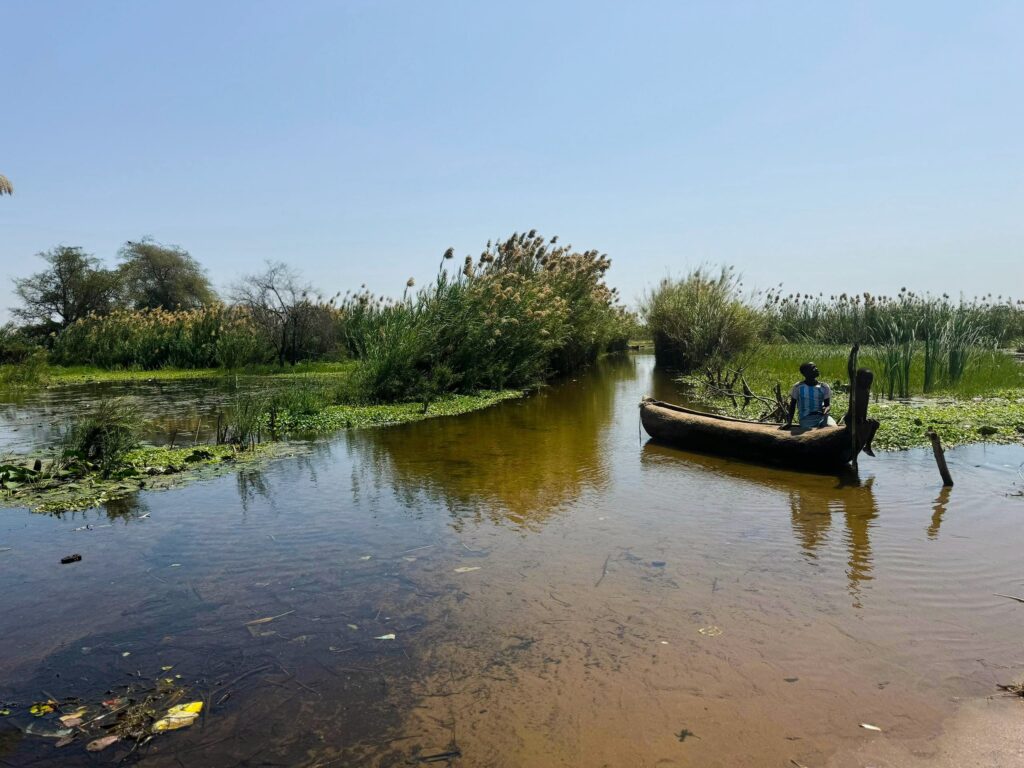
Climate Shield Initiative: Addressing Climate Mobility in Malawi
As climate change intensifies, communities in Malawi are increasingly facing the harsh reality of climate mobility—being forced to move due to environmental changes like flooding. At the Clean Cities Project, our Climate Shield Initiative is dedicated to developing strategies that not only address the immediate impacts of climate change but also support those displaced by it.
Climate mobility in Malawi, particularly in flood-prone areas like Traditional Authority (TA) Ndidi in Salima district and other districts, has become a critical issue. Rising water levels and recurrent floods have displaced thousands, pushing families to abandon their homes and seek refuge elsewhere. This year alone, floods displaced over 324 households in TA Ndidi, with many more affected across the region. Our initiative is designed to address these challenges directly, focusing on both the immediate and long-term needs of those forced to relocate.

Key Components of Our Initiative:
1) Floodwater Fish Farming:
– We propose turning stagnant floodwaters into a resource by constructing masonry walls around affected areas and introducing caged fish farming. This approach not only utilizes the floodwaters but also creates sustainable livelihoods for displaced communities. By generating significant income through fish farming, we aim to reduce the economic burden on those who have been forced to move due to flooding.
2) Irrigation for Displaced Communities:
– As communities are displaced by floods, access to arable land becomes a challenge. Our irrigation scheme for winter cropping will enable displaced families to grow crops even in new locations, ensuring food security and reducing the need for further relocation due to food shortages.
3) Home Gardening for Resilience:
– Promoting home gardening among displaced families will help them utilize the available water resources for crop production, particularly vegetables. This not only improves food security but also provides a sense of stability and normalcy for those who have been uprooted by climate events.
Our approach is grounded in understanding the needs of those most affected by climate mobility. During our recent visit to TA Ndidi, we engaged in meaningful discussions with flood victims and local leaders, gaining insights into their experiences and challenges. These insights are crucial in shaping solutions that truly meet the needs of displaced communities.
Climate mobility is not just about moving from one place to another; it’s about finding ways to rebuild lives and communities in the face of adversity. Through our Climate Shield Initiative, we are committed to supporting those displaced by climate change, helping them adapt and build resilience in their new environments.
By addressing climate mobility head-on, we are taking meaningful steps toward creating a future where communities can thrive despite the challenges posed by climate change
